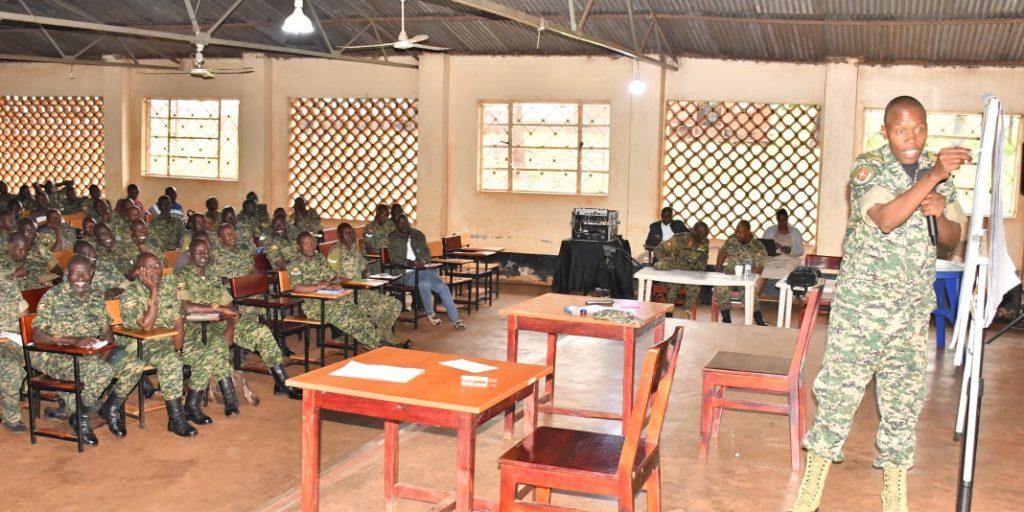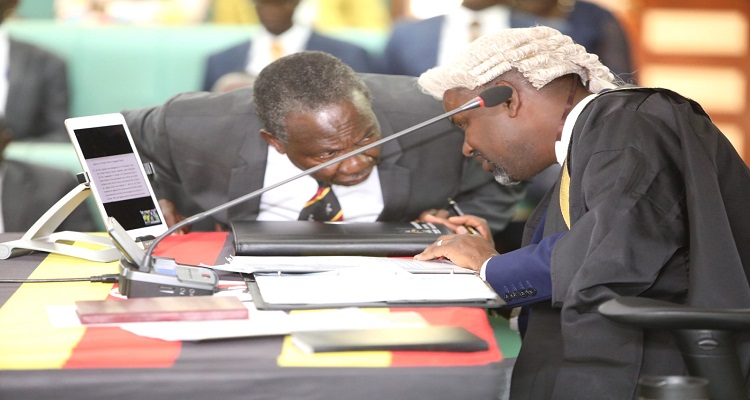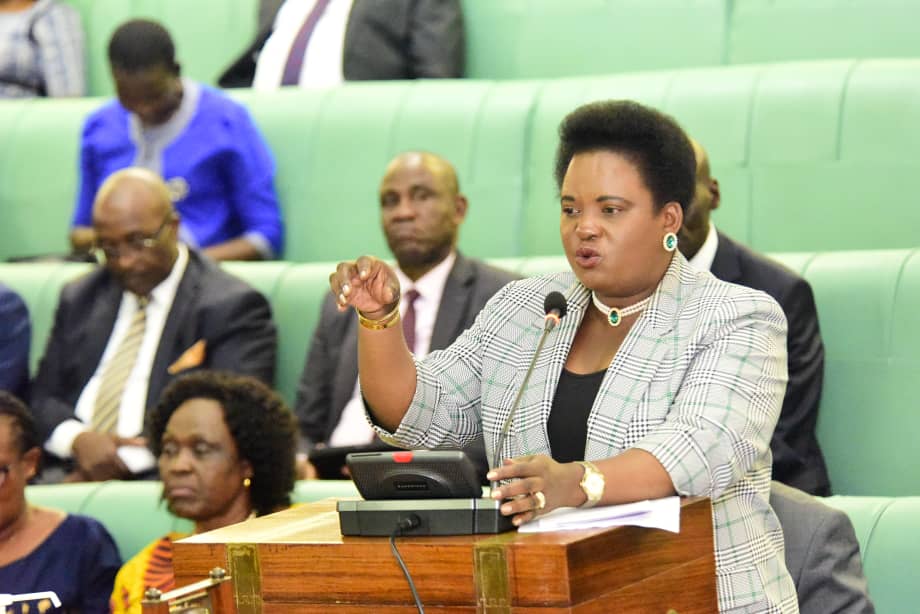(Kampala) – President Yoweri Museveni has responded to recent reports circulating on social media regarding the arrest of State House employees over corruption allegations. In a statement issued via both mainstream and social media, Museveni acknowledged that some of the information was “partially true” but strongly condemned the claims as “false and malicious.”
In the widely circulated statement released on Monday, October 21, 2024, Museveni confirmed that he had indeed ordered the arrest of certain State House employees based on intelligence reports. However, he cautioned the public to be wary of false information spreading online, which he described as damaging and misleading.
Museveni emphasized that the arrested staff are now facing charges in the appropriate courts, and the facts of their alleged offenses will emerge during their trials. He called for patience as the legal process unfolds.
In his statement, the President defended two individuals whose names have been linked to the corruption allegations—Abu Mukasa, a prominent National Resistance Movement (NRM) supporter and investor, and Prossy Nalweyiso, a long-serving veteran of Uganda’s resistance movement.
Museveni praised Mukasa’s contributions to the country’s economy, particularly highlighting his efforts in bringing significant foreign investments to Uganda. He noted that Mukasa played a pivotal role in introducing a multi-billion-dollar fuel supply company, Vittol, to Uganda, which helped the country secure more affordable petroleum products.
Using a comparative example, Museveni explained that Vittol offered Uganda petroleum at significantly lower prices—$61.5 per tonne—compared to the prices charged by other suppliers, which were much higher. He credited Mukasa with helping to reduce the costs of petroleum products in Uganda, despite opposition from what Museveni referred to as “parasites” who seek to undermine the country’s economic growth.
Additionally, the President mentioned Mukasa’s work with Sheikh Maktoum, a United Arab Emirates investor, who has also brought in investments in sectors like air cargo, gold refinery, and produce exports. Museveni dismissed the allegations against Mukasa as attempts to discredit his efforts and scare away investors.
As for Prossy Nalweyiso, Museveni defended her despite her lack of formal education, stressing that she had been a key figure in Uganda’s liberation struggle. He highlighted that many of the early National Resistance Army (NRA) fighters were not highly educated, yet they played crucial roles in resolving the country’s problems in the 1980s, such as shortages of basic goods and rampant smuggling.
Museveni rejected any criticism of Nalweyiso’s capabilities, pointing out that she is supported by well-educated professionals, including lawyers, economists, and military officers. He emphasized the importance of combining patriotism with technical skills in addressing Uganda’s challenges, noting that the NRM had long utilized both educated and uneducated individuals in leadership roles.
Museveni expressed concern about the negative impact of online blackmail and misinformation, which he said is being used to attack Uganda’s progress and discredit reputable individuals like Mukasa and Nalweyiso. He urged the public to be cautious of these tactics, stating that some of these online actors even demand money in exchange for not publishing damaging stories.
The President concluded by reiterating his commitment to ensuring that Uganda’s economy continues to grow and that the country remains on the path to development. He highlighted the increasing investments from countries such as China, India, and the UAE, along with Uganda’s strong agricultural and security sectors, as evidence of the country’s progress.
Museveni called on Ugandans to recognize the individuals and entities attempting to undermine the nation’s success through false accusations and blackmail, and reassured the public that the law would be used to address such issues.
With the investigation still ongoing, the public awaits the outcome of the case involving the arrested State House staff. Museveni’s strong defense of Nalweyiso and Mukasa signals his confidence in their integrity, while also underlining his broader concern about external attempts to destabilize Uganda’s growth trajectory.
In his final remarks, the President referenced biblical teachings, warning that those seeking to undermine Uganda’s success would be known by their actions. He expressed confidence that the country would continue on its upward economic path despite these challenges.




















